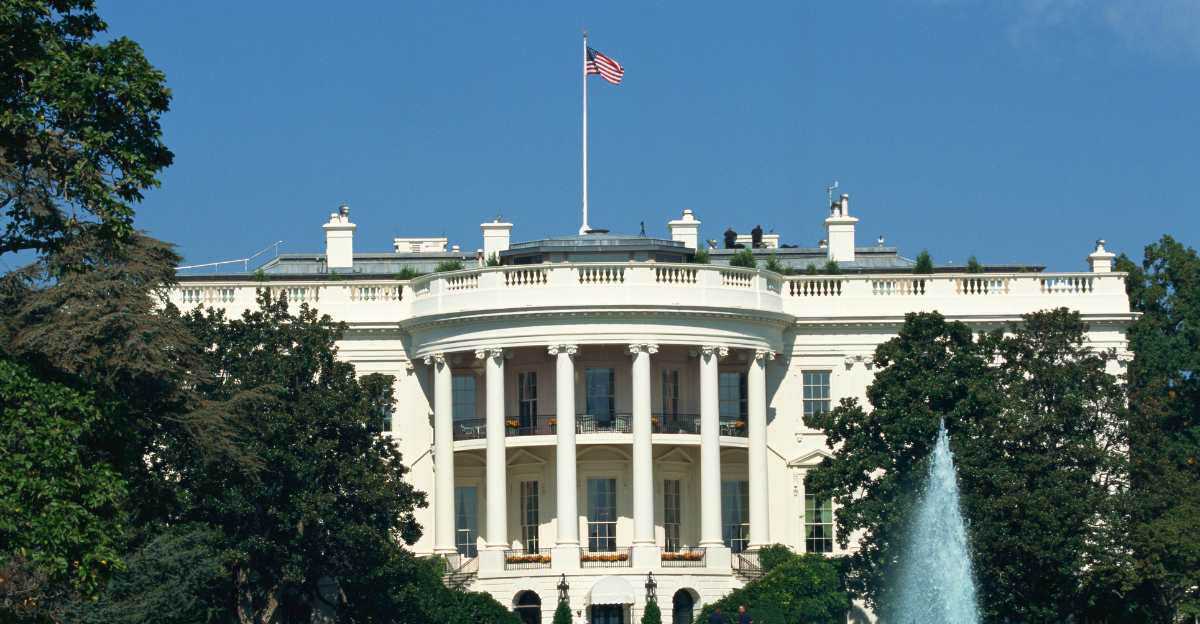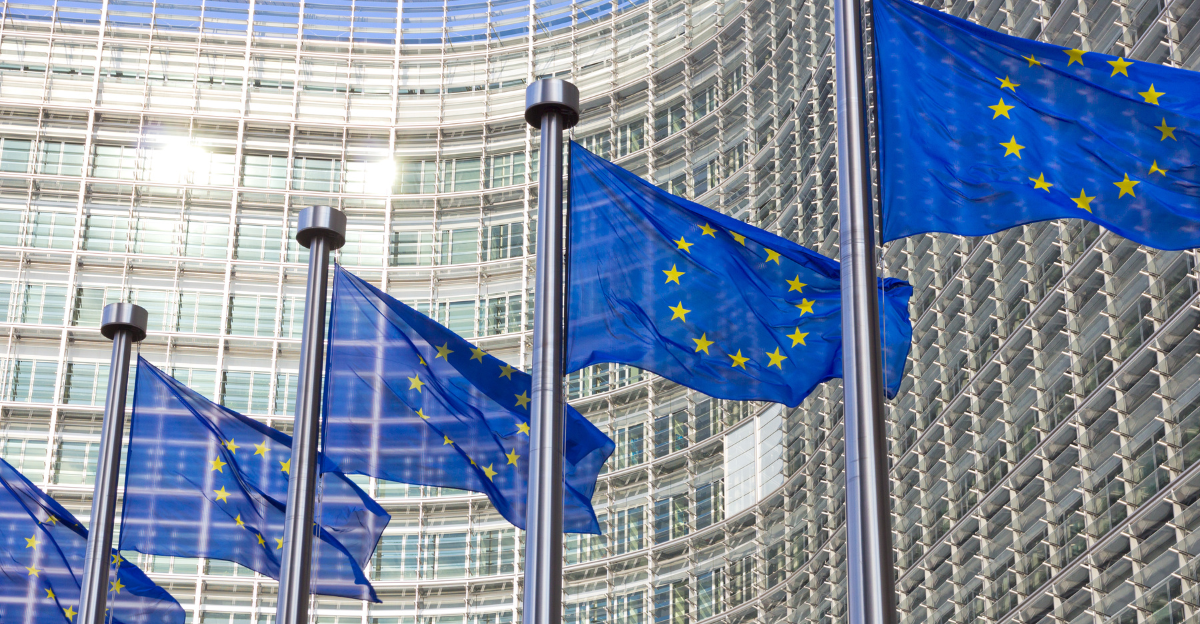
The movement once hailed as the future of responsible investing is now facing a growing global retreat. Investors pulled a record $8.6 billion from ESG-linked funds in the first quarter of 2025, marking the strongest sign yet that U.S.-born skepticism toward sustainable investing is crossing borders.
For the first time since records began in 2018, European investors were net sellers, withdrawing $1.2 billion. The shift, previously concentrated in the U.S., is now hitting regions that had once championed ESG.
While the term once promised alignment between ethical values and financial growth, rising political scrutiny and ideological resistance are shaking its foundations. As markets adjust, asset managers and regulators must navigate a tense balancing act—between ethics, performance, and public perception.
Europe Joins U.S. in Retreat from ESG Funds

European investors, long considered the backbone of sustainable investing, have joined U.S. investors in scaling back their ESG holdings. According to Morningstar, the first quarter saw European investors pull $1.2 billion from ESG mutual and exchange-traded funds—their first net outflow since 2018.
This regional shift suggests that U.S. political backlash, long critical of ESG as promoting “woke capitalism,” is influencing attitudes abroad. Europe, which still holds 84% of the global $3.2 trillion ESG market, is no longer immune to growing skepticism. The rising disillusionment signals a potential turning point for ESG strategies that were once seen as untouchable.
Investors appear to be reassessing the balance between financial performance and ideological alignment, especially as traditional funds continue to attract strong inflows across the continent.
Asia Cuts Back as ESG Outflows Hit Record High

Alongside the U.S. and Europe, Asia is also reducing its exposure to ESG funds, helping drive global outflows to an unprecedented $8.6 billion in early 2025. The latest data from Morningstar confirms that this marks the largest quarterly withdrawal from ESG strategies to date.
Importantly, the exodus isn’t driven by a broader market retreat—traditional fund inflows remain strong. Instead, investor sentiment appears to be shifting specifically away from ESG-focused products. While motivations differ regionally, the cumulative effect is significant: the backlash that began in American politics is now influencing global investing behavior.
As confidence in ESG weakens, fund managers may face mounting pressure to reposition their offerings or risk further erosion. The once-clear appeal of sustainable investing now appears increasingly contested worldwide.
U.S. Culture Wars Ripple Through Global Markets

The politicization of ESG in the United States is now reverberating across global investment strategies. Critics on the political right argue ESG prioritizes divisive social goals over financial returns, labeling it a vehicle for “woke capitalism.” Morningstar’s Hortense Bioy notes that this growing backlash is affecting asset managers far beyond U.S. borders.
“The ESG backlash coming out of the US is affecting managers and making them more cautious globally,” she said. This caution is shaping how funds are marketed and communicated, especially outside the U.S., where investors had previously embraced ESG principles more wholeheartedly.
As fund providers adjust to shifting sentiment, they must now balance regional sensitivities with global reputational risks. The political fight over ESG, once seemingly domestic, has turned into a worldwide investment challenge.
Europe’s Defense Dilemma Adds to ESG Confusion

One surprising consequence of the ESG pullback in Europe is a growing debate over defense stocks. Traditionally excluded from ESG portfolios, weapons manufacturers are now being reconsidered amid Europe’s rearmament push following Russia’s invasion of Ukraine. Some regulators and policymakers argue these companies align with ethical investing when tied to national security.
“[Regulators] are saying it’s OK to invest in weapons,” said Bioy. “That’s something that [ESG] investors a few years ago would never have accepted.” The shift has sparked confusion among sustainability-focused investors who long equated ESG with pacifism and environmental care.
As the criteria for “ethical” investments blur, the ESG label risks losing clarity. What was once a clear-cut definition of values-driven investing is now becoming increasingly subjective and politically charged.
Traditional Funds Attract Inflows as ESG Stalls

Despite the sharp drop in ESG investments, overall appetite for mutual and exchange-traded funds remains strong—especially in Europe. The retreat from sustainable funds is not part of a wider market selloff but reflects a specific shift in preferences.
According to Morningstar, this underscores a notable divergence in investor sentiment: conventional funds are still being embraced, while ESG options face skepticism. This selective pullback suggests that concerns around ESG—whether political, ideological, or performance-related—are weighing more heavily than market fundamentals.
Fund managers may need to rethink how they position sustainable products to win back confidence. The broader market’s resilience only highlights how isolated ESG has become within investor psychology, challenging the once-popular idea that doing good and performing well were naturally aligned.
Anti-Greenwashing Rules Trigger ESG Name Changes

Tougher European rules targeting “greenwashing” are also reshaping the sustainable investing space. In the first quarter alone, 335 ESG-linked products in Europe changed their names—116 of them removing ESG-specific language entirely, according to Morningstar.
The name changes are part of a wider regulatory crackdown aimed at ensuring investment products live up to their marketing claims. While intended to restore trust, the wave of rebranding may further unsettle investors unsure about what ESG really represents. The sheer number of changes suggests fund providers are scrambling to meet tightening guidelines and stay competitive. For some, this could mean walking back previous commitments.
As definitions shift, investors are left to decipher which products still align with their values—and which are merely changing face under regulatory pressure.
Sustainable Fund Closures and Mergers Accelerate

Beyond name changes, ESG funds are also shutting down or consolidating at a rapid pace. Morningstar reports that 94 sustainable investment products in Europe were either liquidated or merged during the first quarter of 2025.
Meanwhile, the U.S. saw 20 ESG funds close—marking a record high. These closures reflect a growing difficulty in maintaining investor interest amid the ongoing backlash. While some funds may have struggled due to performance, others faced reputational headwinds or shifting policy definitions. The trend signals that the ESG sector is not just undergoing cosmetic changes but structural contraction.
As the market contracts, remaining funds will need to work harder to justify their strategies and attract long-term investors. What was once seen as an unstoppable movement now faces a reckoning.
Redefining ESG: Can It Still Mean Anything?

With defense companies gaining acceptance and fund names dropping ESG branding, investors are questioning what “sustainable” investing even means anymore. The redefinition of ESG criteria—especially in Europe—raises concerns among long-time advocates.
Bioy notes this tension: “That’s something that [ESG] investors a few years ago would never have accepted.” As ESG evolves under political and regulatory pressures, its foundational principles risk dilution. For many, the shift feels like a departure from the movement’s original spirit. Investors looking for clarity may struggle to navigate this new terrain, especially as traditional labels no longer guarantee specific ethical stances.
Whether ESG adapts or fragments further remains to be seen, but its identity crisis is forcing a broader conversation about what values-driven investing should look like in a changing world.
Explore more of our trending stories and hit Follow to keep them coming to your feed!

Don’t miss out on more stories like this! Hit the Follow button at the top of this article to stay updated with the latest news. Share your thoughts in the comments—we’d love to hear from you!







